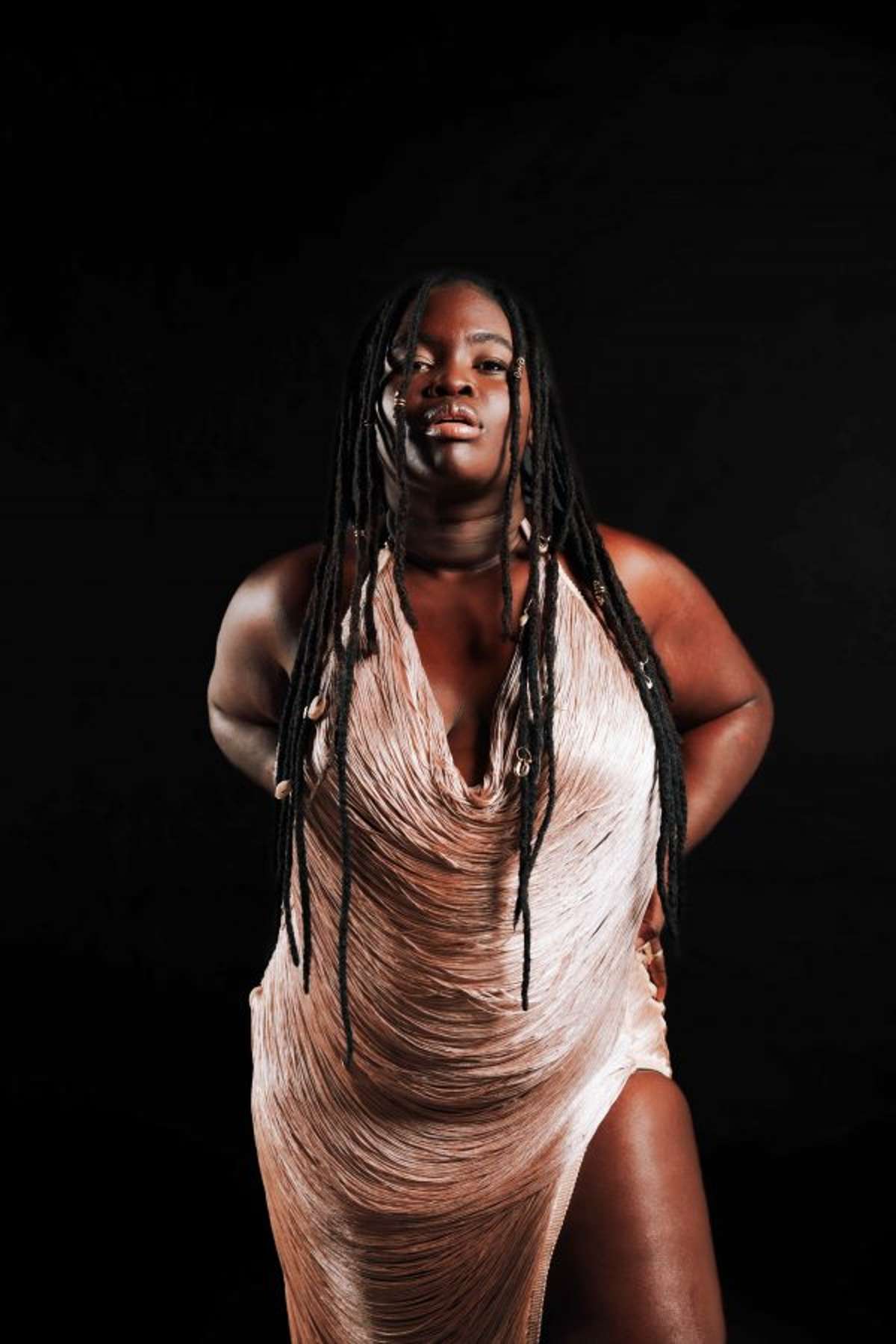Daymé Arocena – Alkemi Tour

Thursday, February 27, 2025
Doors: 6:30pm | Show: 8pm
$25-$35 advance | $28-$38 day of show
VENUE INFO – PLEASE READ!
- This is a ticketed event. Everyone must have a ticket for entry.
- Join us before the show for dinner & drinks in The Lounge, our full-service restaurant & bar on the upstairs level which opens at 6pm. View menu & make a reservation.
- Mezzanine ticket holders are seated on the balcony overlooking the main stage, with access to a private bar, restrooms, and dining area where you can order from The Lounge menu.
- If you require accessible seating and none is available online, please contact us at boxoffice@worldcafelive.org or 215-222-1400 prior to the show so we can best accommodate your needs.
- Join the WCL Fan Club for priority entry, food & merch discounts, exclusive offers, and more. Mega & Ultimate Fan levels include 24-hour presale access and no ticket fees.
- World Cafe Live is a nonprofit independent venue where artistry meets social impact. Every purchase helps support our music education & community programs.
- See FAQ for more information.

When Daymé Arocena decided to switch gears and record her fourth studio album in Puerto Rico with a legendary Latin producer, she never imagined that she would end up moving there.
“From the moment I stepped foot on the island, I realized that I never wanted to leave,” says the 31 year-old Cuban singer/songwriter with a hearty laugh. “At the time, I had spent three years away from Cuba, living in Canada with my husband. I called and asked him to come over to Puerto Rico, and to please bring all my stuff. It wasnʼt a conscious decision on my part. It was simply love at first sight.” Relying on instinct and intuition is how Arocena has managed her career since she burst on the international scene with Nueva Era, her prodigious debut album, in 2015. Now, she has fully reinvented her sound with Alkemi (Brownswood Recordings), a revolutionary – and transformative – fusion of neo soul singing, Afro-Caribbean beats and slick new millennium pop.
From the cosmopolitan smoothness of lead single “Suave y Pegao” – an effortless fusion of jazz, bossa nova and urbano stylings with emerging star Rafa Pabön on guest vocals – to the smoldering neo-soul of “A Fuego Lento,” with Dominican singer Vicente García, Arocenaʼs latest relies on sacred formats of the past but rearranges them in a conscious quest to redraw the very definition of what Latin pop is supposed to sound like. “It was definitely a team effort,” she reflects from her new home in San Juan. “Flexibility may well be my biggest virtue. Iʼm always open to every possible suggestion when it comes to making things better. My piano player, Jorge Luis “Yoyi” Lagarza, and I worked on the demos with the rest of my band. Then with Eduardo Cabraʼs direction, we enlisted musicians from all over the Caribbean – Cuba, Puerto Rico, the Dominican Republic. Everybody added their energy and coloring.”
It was Arocenaʼs piano player who suggested she contact Eduardo Cabra – former member of supergroup Calle 13, now a star producer known for combining commercial aptitude with a refined sense of craftsmanship. Not only did Cabra accept the singerʼs offer, but he also invited her to stay at his home during the five months when they recorded Al-Kemi in his Puerto Rico studio.
“I had no idea that he was familiar with my music,” she enthuses. “Eduardo has been in the industry for a long time, and he comes from a world that is more global and commercial than mine. He was the ideal candidate for this project, but I initially didnʼt know if he would understand the social, psychological and personal complexities of the message that I wanted to express.”
“Daymé is one of the most talented musicians that Iʼve ever worked with,” says Cabra. “Working together was a joy, because she knew exactly the kind of fusion that she was going for: a cross between her Afro-Cuban roots – which clearly are strong on this album – with the more contemporary vein of analogue synths, samples and a bit of electronica. We wanted both worlds to communicate, to be both respectful and disrespectful to the
ancestral colors. I feel comfortable with both, and even Calle 13 walked the two paths. This is also the album where Daymé opened up to the Caribbean at large. Her understanding of harmony and her performance skills are out of this world.”
No other song on the album embodies Arocenaʼs artistic liberation like “American Boy” – an exhilarating, futuristic slice of progressive pop. “I wrote it ten years ago, but thought it was too much of a pop song,” she reflects. “In an indirect way, the music industry had shown me that I wasnʼt welcome in that world. There isnʼt a Black woman like me who enjoys the kind of success usually reserved for Rosalía or KAROL G. The image of music
genres like salsa or bachata has been painfully distorted throughout the years. You are supposed to clone and fuse yourself in order to conceal your Black or indigenous side. They told me I didnʼt fit in that world, but Iʼm going to prove them wrong.”
This spirit of defiance was also expressed in the music video for “Por Ti,” which finds the singer dancing joyfully in a variety of settings. In 2021 she became the youngest Latin-American musician invited to complete the “Signature Artist” program of the prestigious Berklee College of Music so far. This exclusive artist program where Berklee students study the music of an artist that makes a big impact in their musical development
has been completed for Latin legends like Juan Luis Guerra, Alejandro Sanz, Chucho Valdes, Paquito de Rivera and Gloria Estefan, just to mention a few.

